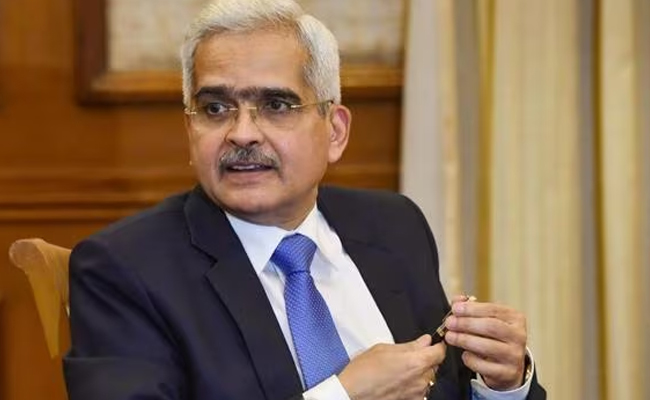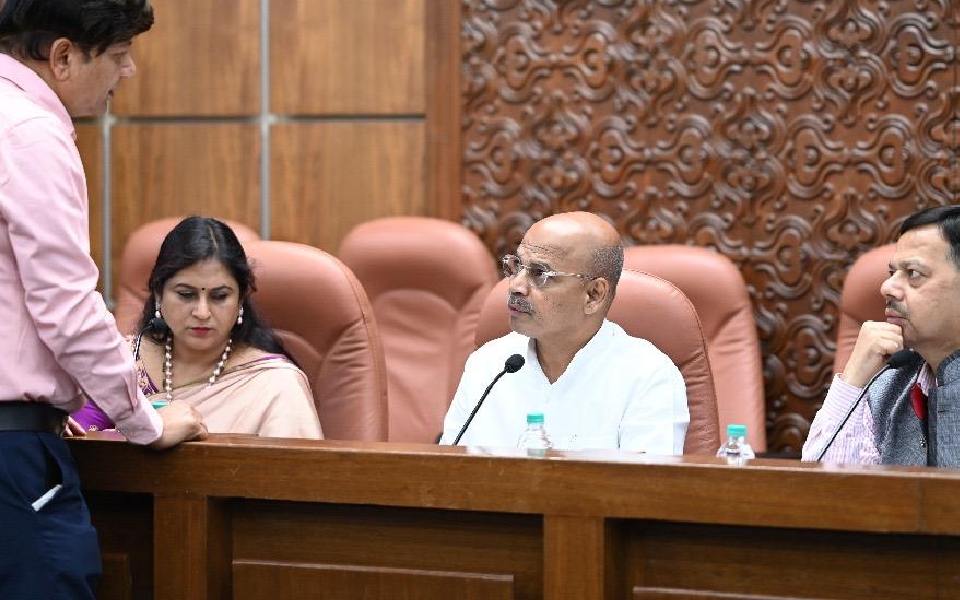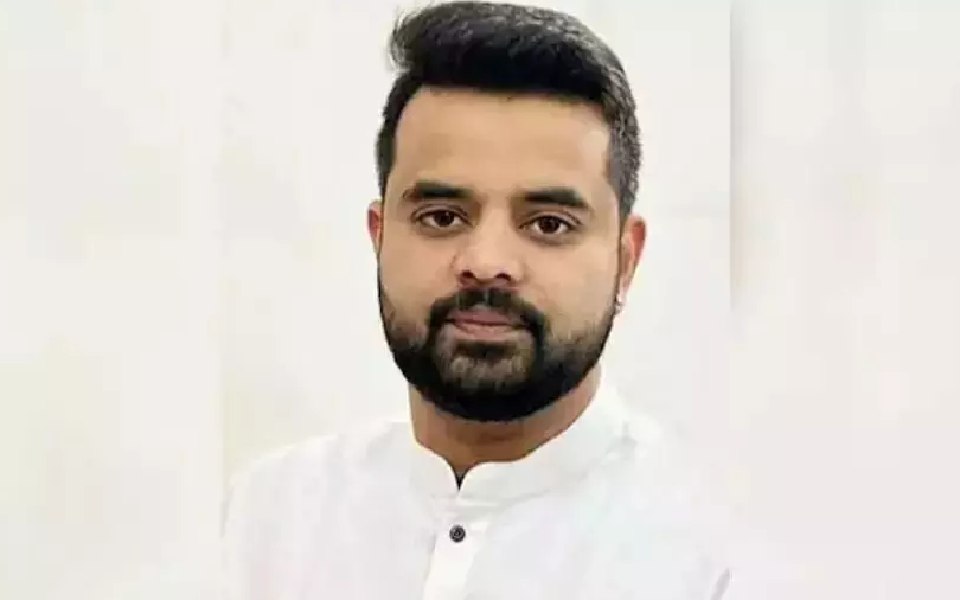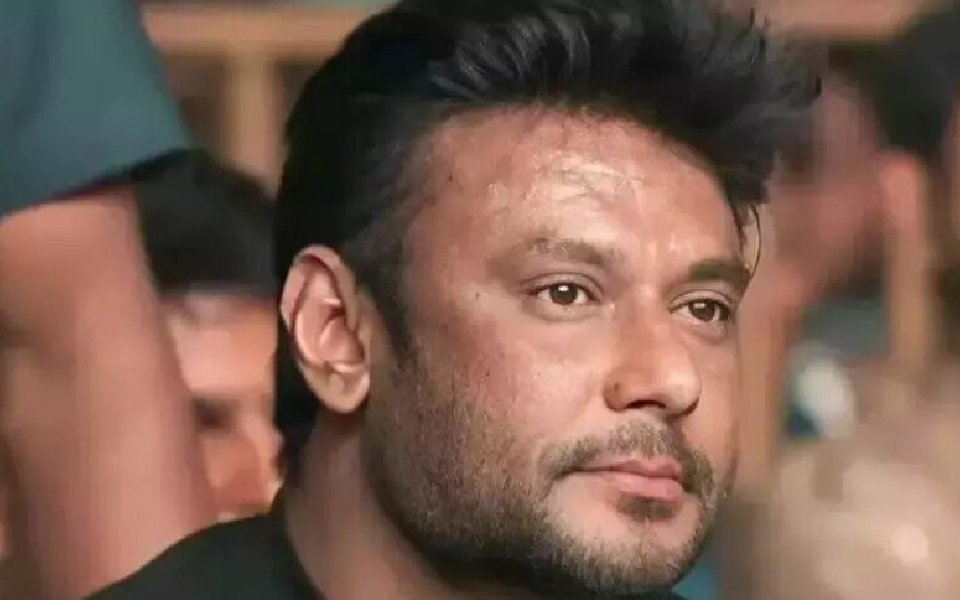Mumbai (PTI): Digital rupee users will soon be able to execute transactions in areas with limited internet connectivity as the RBI on Thursday announced that offline capability will be introduced on the Central bank digital currency (CBDC) pilot project.
Reserve Bank of India Governor Shaktikanta Das said that programmability-based additional use cases will be introduced as part of the pilot project.
RBI launched a pilot of the retail CBDC in December 2022 and achieved the target of having 10 lakh transactions a day in December 2023.
It can be noted that other payment platforms, especially the very popular Unified Payments Interface (UPI), already offer offline possibilities.
"it is proposed to introduce an offline functionality in CBDC-R (Retail) for enabling transactions in areas with poor or limited internet connectivity," Das said while announcing the bi-monthly monetary policy review.
He said multiple offline solutions, which include both proximity and non-proximity based ones, will be tested across hilly areas, rural and urban locations for the purpose.
On the programmability front, he said that currently, the system enables Person to Person (P2P) and Person to Merchant (P2M) transactions using digital rupee wallets provided by pilot banks.
"It is now proposed to enable additional use cases using programmability and offline functionality," he said.
The programmability feature will permit users like government agencies to ensure that payments are made for defined benefits, he said, adding that corporates will also be able to programme specified expenditures like business travel for their employees.
Additional features like validity period or geographical areas within which CDBC may be used can also be programmed, he said.
Meanwhile, Das also announced RBI's intent to enhance the security features of Aadhaar enabled Payment Systems (AePS), which was used by 37 crore people in 2023.
"To enhance the security of AePS transactions, it is proposed to streamline the onboarding process, including mandatory due diligence, for AePS touch point operators, to be followed by banks," Das said, adding that instructions on the same will be issued shortly.
At present, Das said lenders are using the SMS method for complying with the additional factor authentication requirements but advancements in technology have opened up newer means.
"To facilitate the use of such mechanisms for digital security, it is proposed to adopt a principle-based "Framework for authentication of digital payment transactions"," he said.
Let the Truth be known. If you read VB and like VB, please be a VB Supporter and Help us deliver the Truth to one and all.
Bengaluru, Sep 13: Karnataka's minister for Medical Education & Skill Development Sharan Prakash Patil on Friday suggested integration of AI technology in the security system to ensure safety of women healthcare personnel across Karnataka, an official release said.
The minister chaired a high-level meeting at Vikasa Soudha to discuss measures aimed at strengthening security at medical colleges, hospitals and hostels. This follows a previous meeting led by Patil to review the current security systems and propose enhancements.
During the meeting, Patil also emphasised the importance of integrating feedback from women healthcare professionals and other stakeholders. “Directors of medical institutions must gather feedback in writing and take concrete steps to implement necessary measures."
Patil suggested that a security audit committee should be formed with monthly meetings to review the safety protocols. Additionally, thorough background checks must be conducted for all security personnel, according to the release.
“To further ensure safety, 24/7 canteen facilities should be available so that women healthcare staff do not need to leave the premises,” the minister said.
Patil also announced that a panel will be formed at the State Secretariat to oversee the implementation of these measures.
B L Sujatha Rathod, Director of Medical Education, provided a detailed presentation on the current security initiatives. The meeting was attended by senior officials, including Mohammad Mohsin, Principal Secretary of Medical Education, Mission Director of National Health Mission Y Naveen Bhat and Venkateshmurthy, Joint Secretary.
ಇಂದು ವಿಕಾಸಸೌಧದಲ್ಲಿ ಮಹಿಳಾ ಆರೋಗ್ಯ ಸಿಬ್ಬಂದಿ ಸುರಕ್ಷತೆಯ ಕುರಿತ ಉನ್ನತಮಟ್ಟದ ಸಭೆಯ ಅಧ್ಯಕ್ಷತೆ ವಹಿಸಿ ಮಾತನಾಡಿದೆ.
— Dr. Sharan Prakash Patil (@S_PrakashPatil) September 13, 2024
ಕರ್ನಾಟಕದಾದ್ಯಂತ ಮಹಿಳಾ ಆರೋಗ್ಯ ಸಿಬ್ಬಂದಿಗೆ ಹೆಚ್ಚಿನ ಭದ್ರತೆ ಹಾಗೂ ರಕ್ಷಣೆ ಒದಗಿಸುವ ನಿಟ್ಟಿನಲ್ಲಿ ಅತ್ಯಾಧುನಿಕ ಕ್ರಮ ಕೈಗೊಳ್ಳಲಾಗುವುದು.
ಪ್ರಸ್ತುತ ಭದ್ರತಾ ವ್ಯವಸ್ಥೆಗಳನ್ನು ಪರಿಶೀಲಿಸಿ ವೈದ್ಯಕೀಯ ಕಾಲೇಜು,… pic.twitter.com/cEsiOYtYm0





